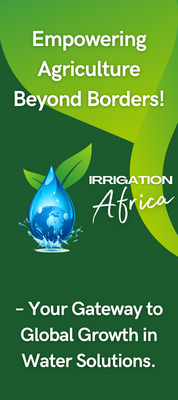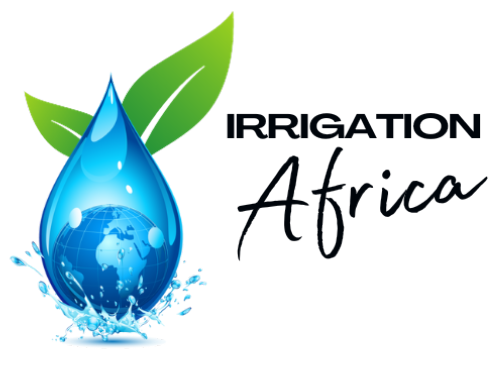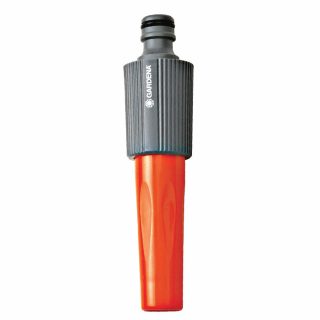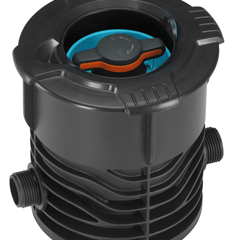Category
Recent Posts
- Performance evaluation of ECMWF monthly rainfall forecasts in the Limpopo River Basin
- A description of recent drought prevalence in the Limpopo River Basin
- Urgent flood hazard assessment using multi-sensor data in refugee hosting community settings: implications for immediate planning and design of anticipatory actions
- Proceedings of the launch of the national report on “Evaluating Policy Coherence in Food, Land, and Water Systems: Evidence from India”, New Delhi, India, 23 January 2024
- Climate change threatens water and sanitation facilities in Nepal
Recent Comments

The Ultimate Weed Control Solution

Brands









dc.title: Urgent flood hazard assessment using multi-sensor data in refugee hosting community settings: implications for immediate planning and design of anticipatory actions
dc.contributor.author: Haile, Alemseged Tamiru; Bekele, T. W.; Negash, E. D.; Mekuria, Wolde; Ruckstuhl, Sandra
dcterms.abstract: One in 4 refugees and 95.5 percent of refugee camps in Ethiopia are exposed to 1-in-100-year floods which are expected to intensify due to shorter return periods and more extreme floods. Both fluvial (due to river flooding) and pluvial floods (due to excess rainfall) occur in the study areas of Dolo Ado and Bokolmayo woredas. Recently, the 2023 flood caused devastating damage. Host communities and irrigated fields were most affected, followed by some of the refugee camps, suggesting the need for proactive strategies to prevent predictable climate shocks from turning into costly emergencies. This technical brief provides evidence of the importance of: (i) using multisource satellite data to map floods, and (ii) empowering and engaging local communities to fill data gaps and improve flood risk knowledge and awareness. It also discusses the implications of using flood mapping to plan, design, and implement anticipatory actions to address the impacts of floods on people and their livelihoods.
cg.contributor.initiative: Fragility, Conflict, and Migration







